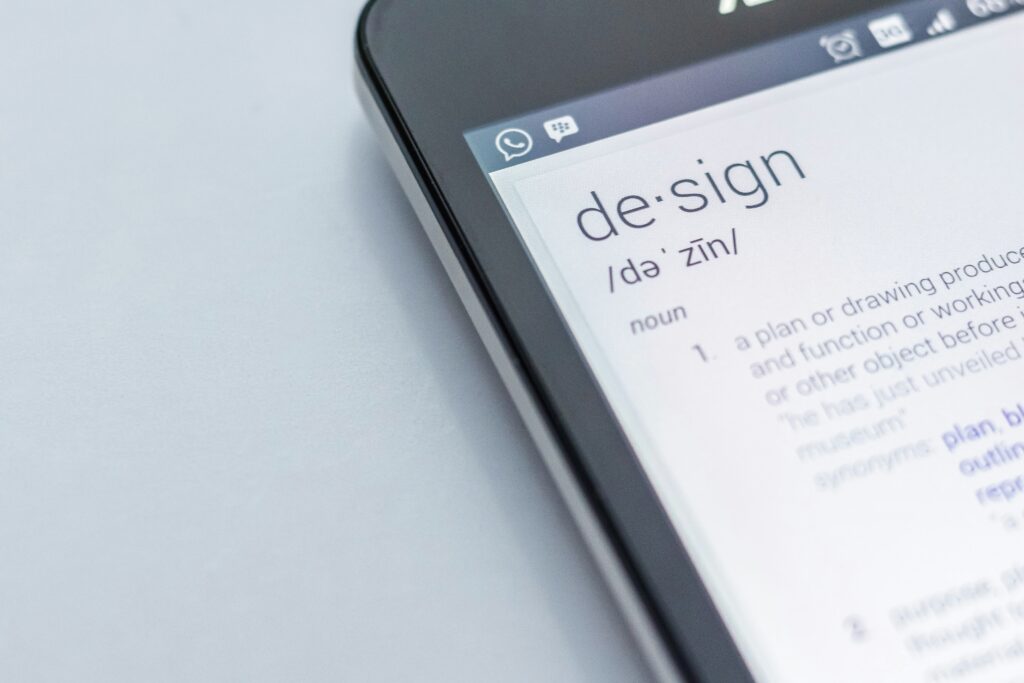Why is Pronunciation Important in Language Learning?
Improving your pronunciation is a vital part of learning a new language. When you pronounce words correctly, you not only sound more natural, but you also improve your overall communication skills. Clear pronunciation can help you better understand native speakers and be understood by them in return.
Language Learning Tools For Improving Pronunciation
There are various language learning tools available that can assist you in improving your pronunciation skills. These tools combine technology with language learning techniques to provide you with a comprehensive approach to mastering pronunciation. Let’s explore some of these tools and how they can benefit you on your language learning journey.
Language Pronunciation Apps
Language pronunciation apps are a convenient and accessible way to practice your pronunciation on-the-go. These apps often include interactive exercises, audio examples, and feedback systems to help you refine your pronunciation skills. Some popular pronunciation apps include Duolingo, Babbel, and Rosetta Stone.
Apps like Duolingo provide bite-sized lessons that focus on specific sounds and phonemes, allowing you to target areas of difficulty in your pronunciation. These apps are designed to be engaging and effective in helping you achieve more accurate pronunciation.
Online Pronunciation Guides
Online pronunciation guides offer detailed explanations of pronunciation rules and phonetic symbols to help you understand how to correctly produce sounds in a foreign language. Websites like Forvo and Sounds of Speech provide audio recordings of native speakers pronouncing words and phrases in different languages.
By listening to these recordings and practicing along with them, you can improve your pronunciation and develop an ear for the nuances of a language’s sounds. Online pronunciation guides are especially helpful for languages with complex phonetic systems, such as French or Russian.
Language Exchange Platforms
Language exchange platforms, such as Tandem and HelloTalk, connect you with native speakers of the language you’re learning for virtual language practice. These platforms allow you to have conversations with native speakers, receive feedback on your pronunciation, and correct your mistakes in real time.
Interacting with native speakers is one of the best ways to improve your pronunciation and fluency in a language. Through regular practice and feedback from native speakers, you can refine your pronunciation skills and gain confidence in your ability to communicate effectively.
Virtual Language Classes
Virtual language classes provide structured lessons and personalized feedback to help you improve your pronunciation in a supportive learning environment. Platforms like italki and Verbling offer one-on-one lessons with native-speaking tutors who can tailor their instruction to focus on your individual pronunciation goals.
Working with a language tutor allows you to receive personalized feedback on your pronunciation and practice speaking in a conversational setting. Tutors can help you identify areas of improvement and provide targeted exercises to strengthen your pronunciation skills over time.
Tips for Using Language Learning Tools Effectively
Incorporating language learning tools into your study routine can enhance your pronunciation skills and accelerate your progress in learning a new language. Here are some tips for using these tools effectively to improve your pronunciation:
Set Specific Goals
Before using any language learning tool, it’s essential to define specific goals for improving your pronunciation. Whether you want to focus on mastering a particular sound or enhancing your overall fluency, setting clear objectives will help you stay motivated and track your progress over time.
Practice Regularly
Consistent practice is key to improving your pronunciation skills. Make it a habit to practice with language learning tools daily, even if it’s just for a few minutes. By incorporating pronunciation exercises into your routine, you’ll gradually develop more accurate pronunciation and build confidence in your speaking abilities.
Seek Feedback
Seeking feedback is crucial to improving your pronunciation effectively. Whether you’re using an app, an online guide, or working with a language tutor, ask for feedback on your pronunciation and areas for improvement. Constructive feedback will help you identify mistakes and correct them proactively.
Record Your Practice
Recording yourself while practicing pronunciation exercises can be a valuable tool for self-assessment. By listening to your recordings, you can pinpoint areas of weakness in your pronunciation and track your progress over time. Use recording features available in language learning tools or apps to monitor your pronunciation accuracy.
Be Patient and Persistent
Improving your pronunciation takes time and dedication, so it’s essential to be patient with yourself throughout the learning process. Don’t get discouraged by mistakes or setbacks; instead, view them as opportunities for growth and continued improvement. Stay persistent in your practice, and you’ll see gradual progress in your pronunciation skills.

Conclusion
Improving your pronunciation in a new language is a rewarding journey that requires dedication and consistent practice. By utilizing language learning tools and following effective strategies, you can enhance your pronunciation skills and become more confident in your ability to communicate effectively in a foreign language. Remember to set clear goals, practice regularly, seek feedback, and maintain patience as you work towards mastering pronunciation. With the right tools and mindset, you can achieve greater fluency and accuracy in pronunciation, bringing you one step closer to becoming a proficient language speaker.

